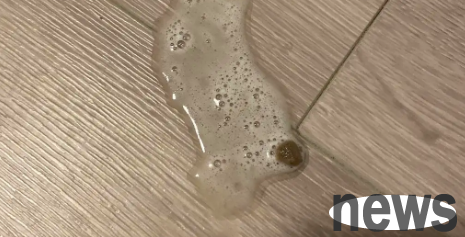1. Indigestion
The stomach of a cat is similar to that of a human, and it also digests food through gastric juice. The pH is lower than that of a human, and the stomach acid is "serile" than that of a human. If a cat does not eat food due to some environmental changes, food changes, and indigestion, it will lead to less food in the stomach, and the stomach continues to stimulate the stomach, causing the cat to vomit, and a large amount of foam or mucus can be seen in the vomit. In this case, the owner should give the cat less and more meals, feed the cat an appropriate amount of water, rinse the esophagus, and reduce the damage to the mucosa by gastric juice.

2. Hairy radish
Cats lick too much hair into the gastrointestinal tract. It accumulates into pellets, stimulates gastrointestinal reactions, and causes frequent dry retching and vomiting. Because the hairball is blocked in the stomach, white mucus or foam is the main part of the vomit. In this case, the owner can help the cat excrete hair by feeding cat grass or hair cream, and appropriately supplement the cat with probiotics.
3. After eating toxic substances
Cats eat toxic substances (lily, chocolate, human medicine, grapes, etc.), which may stimulate the gastrointestinal tract and cause vomiting. If a cat can get in touch with these things, you need to be vigilant and it is recommended to seek medical treatment immediately.

4. Gastroenteritis
Gastroenteritis is also a common cause of vomiting in cats. It is often accompanied by diarrhea and bloody stools. Since gastroenteritis may often lead to dehydration and deprivation, it is easy to endanger life. It is recommended that the owner seek medical treatment immediately. In a pet hospital. Doctors usually do feces and inflammation indicators for cats. If necessary, they will also do abdominal ultrasound and X-rays. After professional diagnosis, they will give cats a reasonable treatment plan. Generally, severe dehydration will cause infusion and rehydration, which will symptomatically prevent vomiting and diarrhea.
